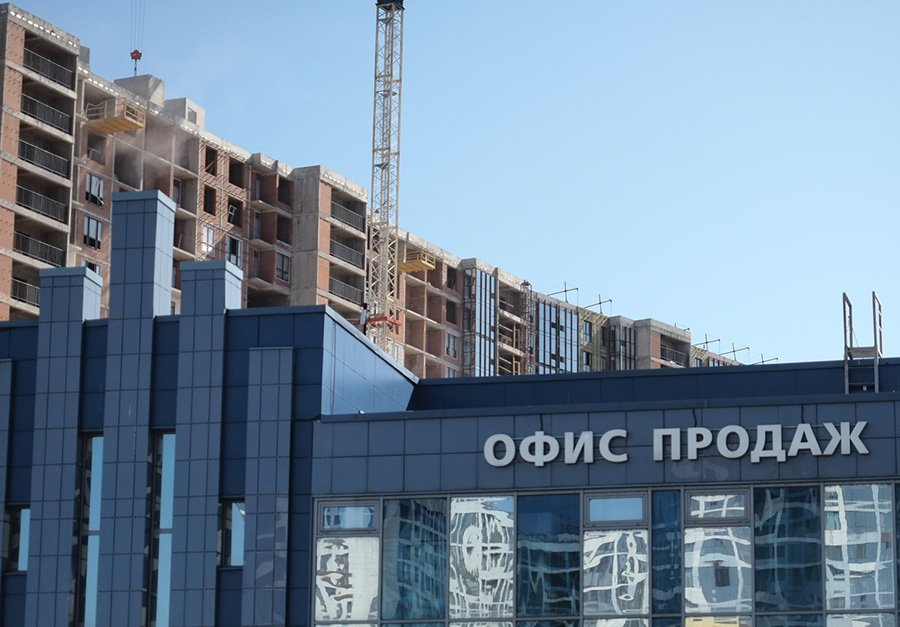Russia’s New Housing Market Under Pressure: Banks and Developers Tighten Rules

Photo: Banki.ru
Mortgage delays for new housing projects in Russia have tripled in the past 18 months, rising from 0.11% to 0.31%. At the same time, installment-based sales in the mass-market segment dropped from 30% in January to just 7% by August. The market is tightening, raising risks for both buyers and developers.
Krasnodar Region Leads in Mortgage Debt
In the first half of 2025, overdue mortgage payments grew by ₽3.89 billion (+42%), reaching ₽13.2 billion, according to Debt Consultant agency with reference to the Bank of Russia. This equals a monthly increase of ₽638 million, compared to just ₽70 million in 2023 and ₽310 million in 2024.
The Krasnodar Region tops the list with ₽2.3 billion in overdue new-build mortgages (+56%), followed by Moscow (₽1.54 billion, +13%), the Moscow Region (₽944 million, +45%), and St. Petersburg (₽722 million, +10%). Tyumen Region also saw a twofold increase, with arrears reaching ₽499 million.
Among the biggest contributors to debt growth: Krasnodar (+₽855 million), Moscow Region (+₽293 million), Tyumen (+₽254 million), Moscow (+₽180 million), and Tuva (+₽149 million). Karelia and Tambov regions recorded three- to fourfold increases.
“It’s particularly striking to see this growth in regions where new housing construction is active,” said Denis Aksenov, CEO of Debt Consultant. In his view, many buyers overestimated their ability to take on mortgages during the high interest rate cycle of 2023–2024.
Developers Reluctant to Act as Creditors
Another blow to buyers is the shrinking availability of developer-backed installment plans. In the mass-market segment, their share dropped from 30% in January to 14% in April and just 7% in August. In the business and premium segments, the share remains at 20–30%, down from 50% earlier in the year.
Executives from Etazhi, Metrium, Lyudi, Development-Yug, Granel, and BAZA Development confirm that installment deals are being restricted, with stricter checks on borrower solvency and new requirements such as mandatory life insurance in some projects. While some developers like RS Group still keep installment deals at 70%, most predict further tightening.
Central Bank Regulation and Market Outlook
The Central Bank cannot directly regulate installment plans but is pressuring banks by requiring stricter reserve calculations for projects with a high share of such sales. Discounts may be lowered if banks prove buyer solvency with large down payments or verified incomes.
Officials warn that installment deals reduce escrow account inflows and remain outside the credit history system, masking household debt growth. Buyers risk losing their homes even after paying a large portion of the cost if financing fails later.
According to Banki.ru analyst Inna Soldatenkova, a sharp deterioration is unlikely as banks have already tightened lending policies. Still, developers expect tougher conditions ahead: larger down payments, shorter installment periods, and more frequent payments.
Vladimir Shamrin of Dom.RF believes properly adjusted rules could keep installment plans as a safe tool. But if regulation becomes too strict, it may slow the launch of new housing projects. The Central Bank has confirmed that a new draft law regulating installment programs is under discussion with relevant ministries.








